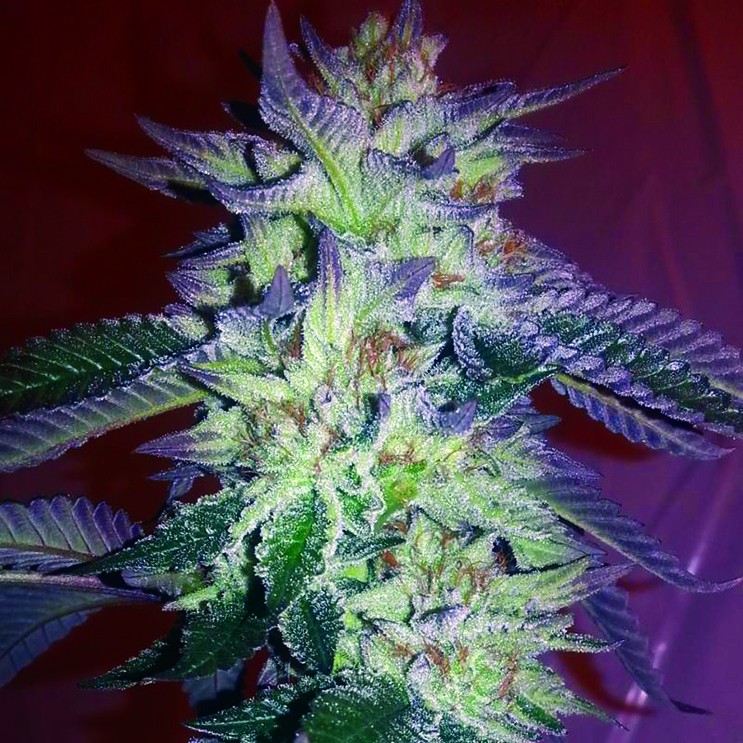DEA: Cartels running pot operations in Colo.

SAN LUIS VALLEY— In a recently discovered video posted to YouTube in December 2018, a Drug Enforcement Agency (DEA) official carefully detailed the current state of marijuana cultivation in Colorado and the impact on its citizens and government agencies.
Wendy Roewer, DEA intelligence manager for the Denver Field Division, delivered her speech in West Virginia along with former Colorado U.S. Attorney Robert Troyer. Troyer was a Democrat serving in Colorado during the Obama administration.
Roewer began her presentation with the comment that since 2012, there has been a “precipitous increase” in drug trafficking organizations doing business in Colorado. Laws are so permissive and lenient, she noted, that rather than decreasing black market sales, “most of the weed grown is sold outside Colorado.”
Because Colorado laws allow larger, unregulated grows, the state is “the biggest problem in illegal growing,” Roewer told her audience, and this applies specifically to medical marijuana grows, which can exceed a 99-plant count. She observed that there is no way to document and regulate these grows. A total of 11,000 medical marijuana patients out of an estimated 89,0000 in the state have extended plant count permits, allowing them to grow 11 to 99 plants each.
When the state saw there was a problem, she said, they limited residential grows to 12 plants per adult resident, including outbuildings. But this will not address the most worrisome problems.
There are massive grow operations throughout the state, she warned, run by various drug trafficking organizations (DTOs). Cuban DTOs are especially active in rural counties, she said. Asian DTO’s also have “thousands” of grows concentrated in certain areas. These Asians have acquired numerous businesses for trafficking, money-laundering and are engaging in real estate investments to help locate grow properties.
With a 90-day grow cycle, out-of-state, black-market profits mount up quickly. One to two pounds can be harvested per plant, and some growers produce more pounds per plant. If growing six plants and harvesting 6-12 pounds, this can amount to up to $144,000 based on current market value. A 99-plant grow is worth up to $2.4 million.
DTOs can produce 1,800 plants to sell out of state each year for a $5.4 million profit. Many operate entire networks of grow houses. As of December 2018, the DEA has issued 300 search warrants, seized 90,000 plants at 10,000 pounds, and this doesn’t include large rural outdoor grows.
Following a raid at one Park County home, the DEA seized 780 plants alone. Firefighters and law enforcement are exposed to hazardous chemicals, fertilizers and flammable substances during the raids. Wiring modifications necessary to heat the grows cause electrical fires. Some growers tap into underground utility sources and avoid the meters, Roewer said.
Prolific DTO activities
In 2013, the Cuban traffickers moved in from Florida, Roewer continued. They purchased equipment, set up with marijuana brokers on the East coast and began marijuana money laundering operations. They also were tied in with other drug and criminal operations, she reported. Roewer said there are over 650 Cuban grow operations in El Paso County alone.
And the drug trafficking is not limited to marijuana. One DTO shipment seized in Colorado contained nine million hydrocodone tablets.
The Cubans also are involved in insurance and mortgage fraud schemes, credit card skimming, human trafficking, smuggling, prostitution, intimidation and home invasions. They are a danger both to citizens as well as law enforcement, according to Roewer.
The Asians/Eurasians and especially the Chinese DTOs are “catching up” to the Cubans, she pointed out. These DTOs, who also sell to the East coast, use local gangs and are considered “poly drug, poly criminal.” The Chinese have developed an underground banking system that has existed in China and internationally for decades.
The Chinese government is not happy with this system because it diverts money from their own economy, so are trying to crack down on the DTOs.
Some 850 Colorado properties have been identified to date as tied in some way to Chinese criminal organizations. Because of the massive amounts of properties involved, the DEA cannot effectively deal with taking them down, Roewer informed her audience.
Using Colorado businesses, these DTOs are raking in “millions and millions” of dollars, she said. “Following the money creates a whole new paradigm,” she commented.
Roewer concluded her address with the following remark: “It’s just weed, right? Good for pizza and Girl Scout cookie sales…”



